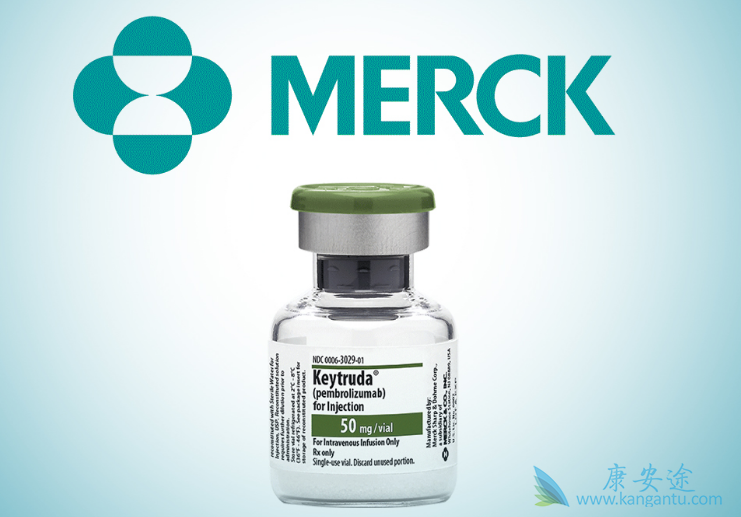
7 Chemotherapy, Poznan University of Medical Sciences, 60-569 - Poznan/PL.6 School Of Clinical Sciences, Monash University, 3168 - Melbourne/AU.5 Medical Oncology, Instituto Valenciano de Oncología, 46009 - València/ES.4 Medical Oncology, Vall d´Hebron Institute of Oncology (VHIO), Hospital Universitari Vall d´Hebron, Vall d´Hebron Barcelona Hospital Campus, 08035 - Barcelona/ES.3 Faculty Surgery And Transplantology, Volga District Medical Center, Federal Medical-Biological Agency, 603009 - Nizhny Novgorod/RU.2 Medicine, Health And Human Sciences, Macquarie University, 2109 - Sydney/AU.1 Cancer Medicine, Gustave Roussy, 94805 - Villejuif/FR.
#Keynote 158 full#
For KEYNOTE-051, these outcome measures were assessed by study investigators according to RECIST v1.1 criteria.įDA converts to full approval indication for KEYTRUDA (pembrolizumab) for certain adult and pediatric patients with advanced microsatellite instability-High (MSI-H) or mismatch repair deficient (dMMR) solid tumors. In KEYNOTE-158, this was modified to follow a maximum of 10 target lesions and a maximum of 5 target lesions per organ. ORR served as the major efficacy outcome measure of the trials, as well as DOR per blinded independent central review and in accordance with RECIST v1.1 criteria. For KEYNOTE-051, tumor assessments were performed every 8 weeks for the duration of 24 weeks and every 12 weeks thereafter. Treatment continued until intolerable toxicity, progressive disease, or for up to 24 months.įor KEYNOTE-164 and KEYNOTE-158, investigators conducted tumor assessments every 9 weeks through the first year of treatment and then every 12 weeks thereafter. MSI status was determined by utilizing local or central polymerase chain reaction, and MMR status was identified by local or central immunohistochemistry.Īdult participants were administered intravenous pembrolizumab at 200 mg every 3 weeks, and pediatric patients received the immunothreapy at 2 mg/kg every 3 weeks. Notably, none of the trials enrolled those with autoimmune disease or a medical condition that needed to be treated with immunosuppressive drugs.
#Keynote 158 trial#
Lastly, the KEYNOTE-051 trial enrolled 7 pediatric patients with MSI-H/dMMR cancers.

Notably, patients were prospectively enrolled with MSI-H dMMR tumors to cohort K or retrospectively identified in 1 of 10 solid tumor cohorts (cohorts A-J). For KEYNOTE-158, 373 patients with advanced MSI-H/dMMR non-CRC who progressed after previous treatment were included. “These data also further underscore the need for biomarker testing to identify patients who may be eligible for this therapy.”Ī total of 124 patients with advanced MSI-H/dMMR colorectal cancer (CRC) what progressed after fluoropyrimidine and oxaliplatin or irinotecan with or without a VEGF/EGFR monoclonal antibody–based therapy were enrolled to KEYNOTE-164. Diaz, Jr., MD, head of the Division of Solid Tumor Oncology, Memorial Sloan Kettering Cancer Center, stated in a press release. “This approval reinforces the important role of KEYTRUDA in certain patients with MSI-Hor dMMR solid tumors facing a variety of cancers,” Luis A. The regulatory decision represents the first full approval for an immunotherapy agent based on a predictive biomarker, irrespective of solid cancer type, according to a press release issued by Merck. The median duration of response (DOR) was 63.2 months (range, 1.9+ to 63.9+). More than half (77%) of those who responded to the agent (n = 168) experienced responses that lasted for at least 12 months 39% responded for 36 months or longer.

The conversion to a regular approval was supported by findings from the multicenter, non-randomized, open-label, multicohort, phase 2 KEYNOTE-158 (NCT02628067), KEYNOTE-164 (NCT02460198), and KEYNOTE-051 (NCT02332668) trials and comprises data from 504 adult and pediatric patients with over 30 kinds of cancer.ĭata from a pooled analysis of the trials showed that at a median follow-up of 20.1 months (range, 0.1-71.4), pembrolizumab elicited an objective response rate (ORR) of 33.3% (95% CI, 29.2%-37.6%), which comprised a 10.3% complete response rate and a 23.0% partial response rate. In 2017, pembrolizumab was granted accelerated approval as the first immunotherapy with a tumor-agnostic indication. The FDA has granted full approval to pembrolizumab (Keytruda) for the treatment of adult and pediatric patients with unresectable or metastatic microsatellite instability–high (MSI-H) or mismatch repair–deficient (dMMR) solid tumors that have progressed following previous treatment and who have no satisfactory alternative options.

This article originally appeared on OncLive.


 0 kommentar(er)
0 kommentar(er)
